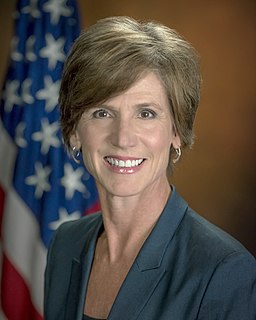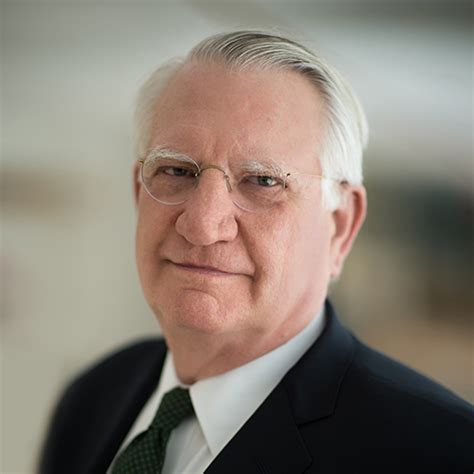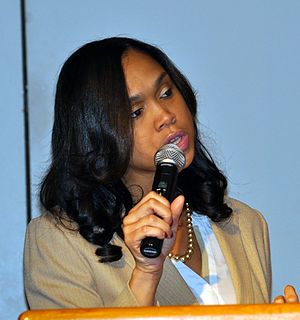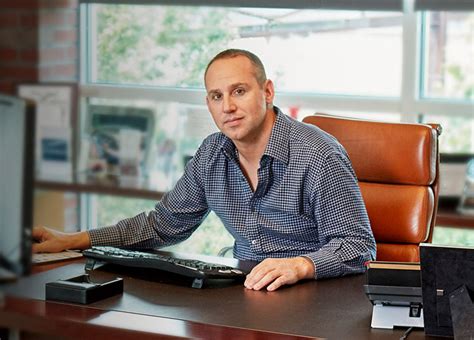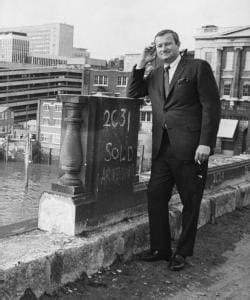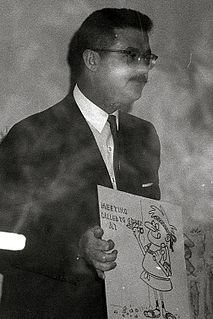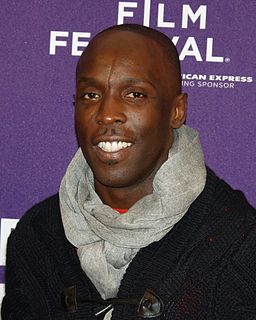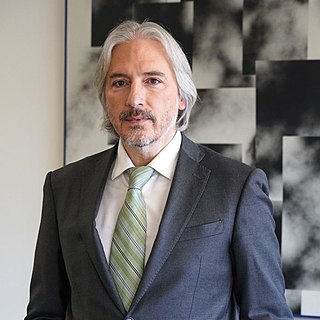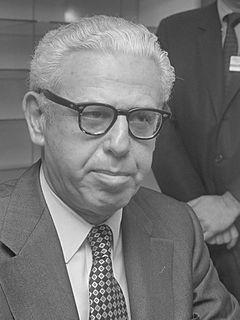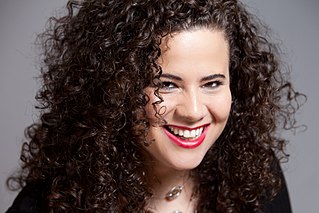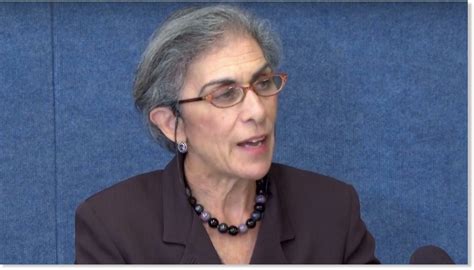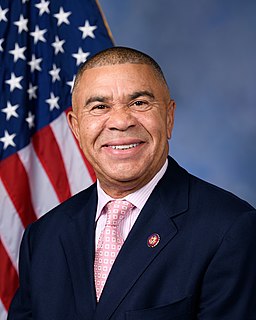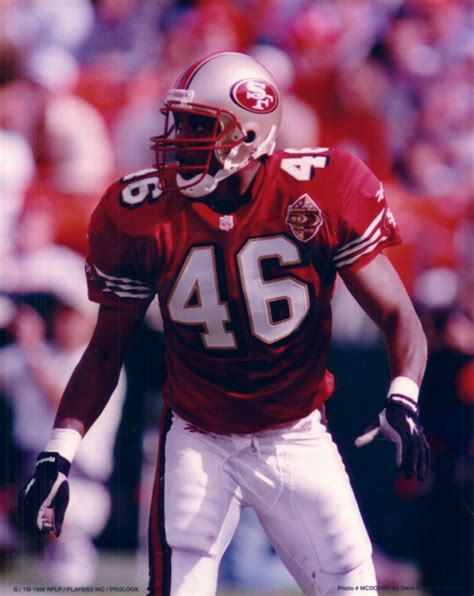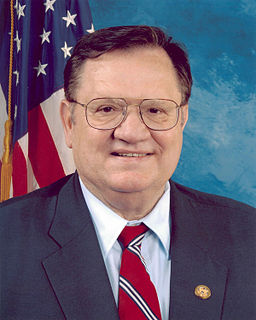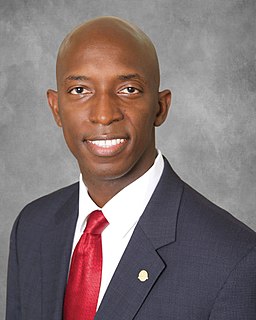Top 1200 Criminal Justice System Quotes & Sayings - Page 2
Explore popular Criminal Justice System quotes.
Last updated on November 29, 2024.
What really drives the battle against law enforcement and punishment is not a commitment to treatment, but the widely held view that, first, we are imprisoning too many people for merely possessing illegal drugs; second, drug and other criminal sentences are too long and harsh, and third, the criminal justice system is unjustly punishing young black men. These are among the great urban myths of our time.
No system of criminal justice can, or should, survive if it comes to depend for its continued effectiveness on the citizens' abdication through unawareness of their constitutional rights. No system worth preserving should have to fear that if an accused is permitted to consult with a lawyer, he will become aware of, and exercise, these rights.
Given the realities of the U.S. criminal justice system, the prosecution may be unable to salvage this case. But just because that system fails victims on the regular doesn't mean we have to, too. French commentators are already calling for DSK to jump back into the country's presidential race and ride a wave of sympathy into office. Really, the stakes are greater than even that political prize. If we accept the narrative that only perfect women are raped, we risk sacrificing justice not only for this woman, but for victims of sexual assault everywhere. After all, nobody's perfect.
A lot of the problems we have in our criminal-justice system, you know, the problem of over-incarceration, the problem of prosecutorial abuse, the problem of just this sort of mass crop of people, of plea bargains, they all have to do with the system being overloaded. If crime was lower, many of the problems would go away.
